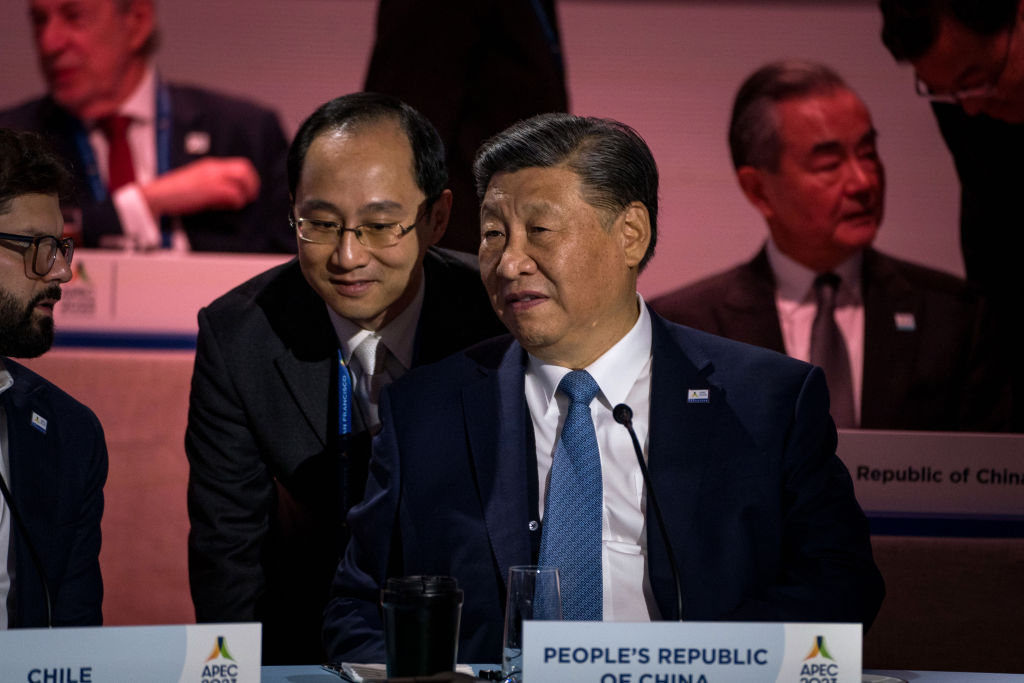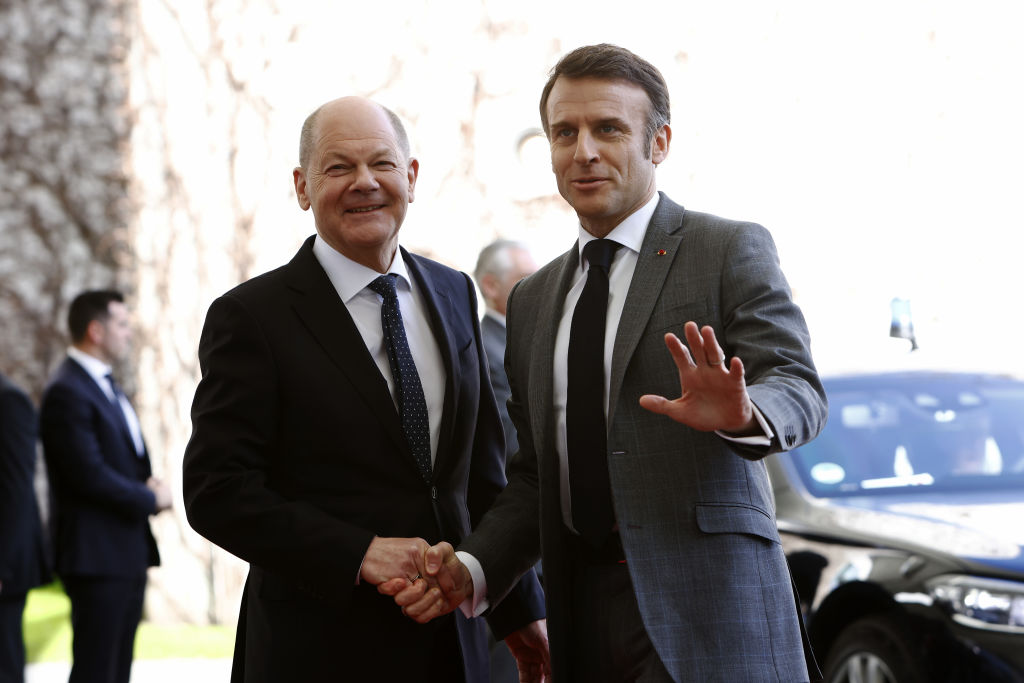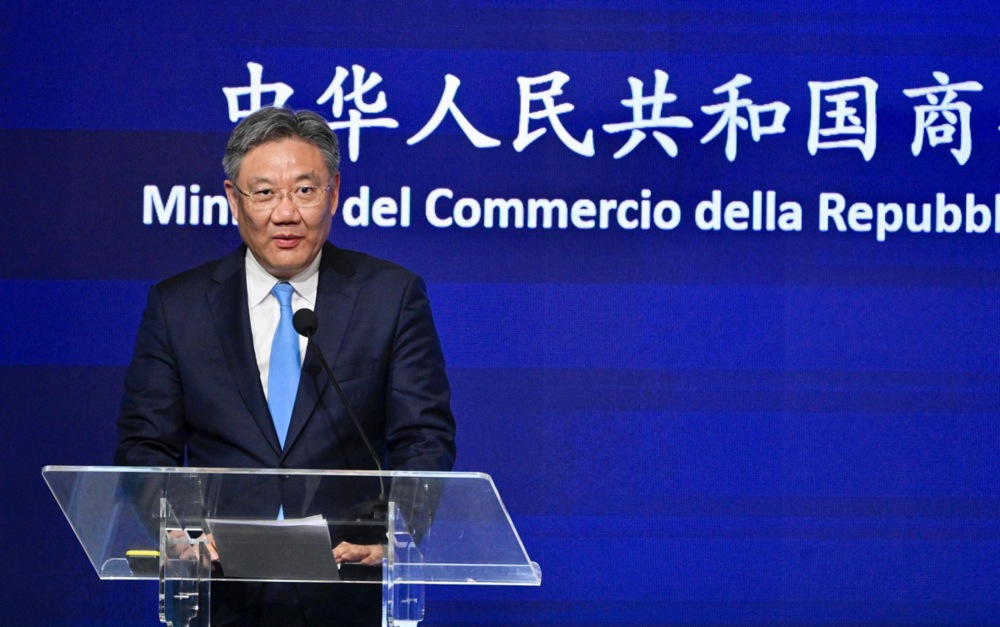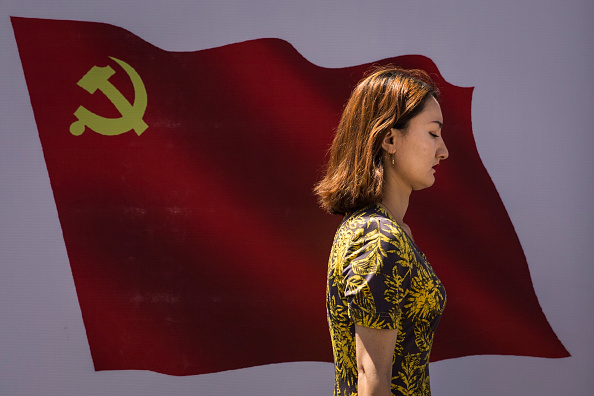Italian Prime Minister Giorgia Meloni arrivies in China on July 26 for the first time since she took office in 2022. It will be the first visit by an Italian PM in five years.
The Italian Government’s priority objective is to improve its trade balance. In 2023 it was in favour of China, with a deficit of €40 billion.
Italy is also seeking to attract Chinese investment and support the approximately 1,600 Italian companies operating in the Asian country.
The meeting over July 26-31 comes despite the fact that Meloni decided in December 2023 that Italy would leave China’s so-called New Silk Road (the Belt and Road initiative).
This trade initiative launched by Beijing had 18 European members as partners in 2023, but Italy was the only G-7 member to be involved.

Former prime minister Mario Conte’s decision to join that in 2019 was widely criticised as being an economically offensive move for the US and its Western partners.
Meloni has made it clear that she wanted to strengthen bilateral relations.
Italy, like other European partners, has strong trade ties with China.
Beijing is also in need of international credibility, especially since it serves as an intermediary between Russia and the other powers that have encouraged military escalation.
Meloni’s administration, knowing this, has planned her five-day visit in depth. She will meet with Premier Li Qiang and President Xi Jinping.
Beijing, for its part, hopes to avoid an electric vehicle trade war with the European Union.
Since July, tariffs of up to 38 per cent per cent have been imposed on Chinese-made cars but Xi’s government has avoided significant retaliation. It has launched an investigation into the what it called the “dumping” of pork imported from Europe.
A solution is expected to be found before November to avoid a tariff war.
The Italian Government is sounding out large Chinese electric car manufacturers to set up in Italy, following the example of other European countries, which could make tariffs unnecessary.
What Hungary was once criticised for – serving as an automotive hub in Europe for China – now seems to be the general trend among other Member States with automotive industries that are not as strong as those of Germany or France.
Germany and Italy torpedoed an EU law at the last minute that would have made companies liable for human rights abuses in their supply chains – such as those revealed in China’s Xinjiang region. https://t.co/x0h3JJojxM
— Brussels Signal (@brusselssignal) March 1, 2024





